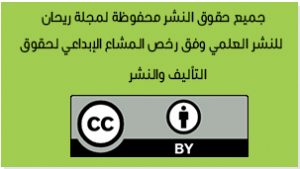المقاصة في الفقه الحنفي
This article deals with the topic of al-muqassah (offsetting) and its forms in Hanafi jurisprudence, in terms of its definition, classification, conditions, and applications. The researcher has defined offsetting linguistically and technically, then classified offsetting in Hanafi jurisprudence into two main categories: lawful offsetting and unlawful offsetting. The lawful offsetting is then subdivided into obligatory and optional. The researcher then mentions the conditions of obligatory offsetting in four conditions, which are: the existence of two reciprocal debts, identical description and genus between the debts, the debts being currently due, and equal strength and weakness between the debts. The researcher then proceeds to list fifteen application cases of offsetting in some contracts and transactions, including: sarf (currency exchange) contract, salam (deferred delivery) contract, borrowing contract, usurpation, guarantee, alimony, and others. In each case the ruling and its reason are explained from a jurisprudential perspective. Finally, the researcher summarizes the main points of agreement and disagreement between the offsetting cases in sarf and salam contracts, pointing out that the cases of obligatory offsetting are similar, while there are differences in some respects such as offsetting on the debt in both contracts and transforming the offsetting to the prior debt. Thus, the article has been able to present a detailed explanation of the subject of offsetting, in terms of concept, rulings and practical applications in Hanafi jurisprudence. The methodology used in the article is the descriptive methodology, also known as the literature review methodology, which is commonly used in writing Islamic academic papers.
Keywords: Al-muqassah (Offsetting), Al-muqassah Al-wajibah (Compulsory Offsetting), Al-muqassah Al-ja’izah (Optional Offsetting), Al-sarf (Currency Exchange), Al-salam (Deferred Delivery), Debt.
Dr. Fazel Rahim BASERAT, Department of Jurisprudence and Law, Sharia Faculty, Kabul University – AFGHANISTAN
Abdullah ENAYAT, Department of Jurisprudence and Law, Sharia Faculty, Kabul University – AFGHANISTAN
 مجلة ريحان للنشر العلمي مجلة علمية، محكمة، شهرية، مفتوحة الوصول
مجلة ريحان للنشر العلمي مجلة علمية، محكمة، شهرية، مفتوحة الوصول
